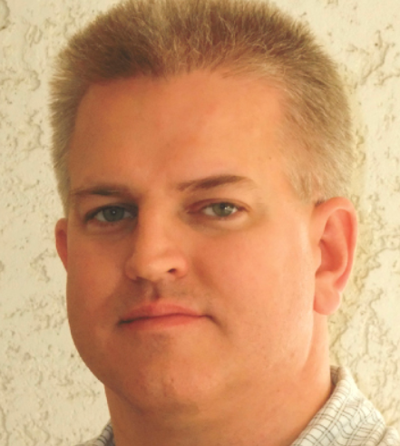FLYING directly over the spot where John Kennedy lost the PT-109, we moved on to the island of Choiseul where we have multiple reports of airplane wrecks in the hills above the bay. The island is a graveyard of planes and MIAs but the jungle is so dense and the villages so scattered that few have penetrated the interior. We hoped to use Ewan’s skills with conversing with locals to open a few doors for us. Petty island bureaucrats and village chiefs have blocked our every move. When we hired a boat, an hour later that boat was no longer available. When we found a replacement, the cost was double the first one. Word that three white men have come from afar travels fast in such places. We try not to spend too much money in any one place because islanders assume all white people are rich and they intend to soak us for all they can.
There is great activity at the village of Taro at Choiseul Bay. New Zealand is spearheading an airport modernization project, and when completed, the airport will still be small, as is appropriate for this diminutive island, but it will have a paved runway, replacing the current grass one. They are also putting in an apron so the planes can pull up to the terminal instead of disembarking passengers directly onto the runway. From our room we can see large excavating equipment digging, grading, moving. Things are happening here. Even the politicians seem less obstructive than elsewhere in the Solomons. Some people look at the outside world and see danger and others see opportunity.
On Wednesday morning we sat at a small pavilion behind our hotel overlooking the runway. Besides Ewan, Matt and myself, there were eight or 10 islanders in various stages of meal and conversation. Ewan was working the crowd, asking about wrecks, and the older men said they knew of some but did not know where they were. Information is always so vague, so nebulous, enough to pique our curiosity but not enough to set us off on travel. They want the outside world to know they have assets, but they don’t want to reveal them.
Stella sat across the table from me. She had the only laptop I had seen on this trip, an HP. She was educated and had a spreadsheet pulled up on her screen, so she was some kind of businesswoman. She was rare here and many men resented her for leaving her place. Career-minded women are seen by many men as troublemakers who are eroding village culture by adopting outsider attitudes about gender. Success is twice as hard for Stella but she perseveres, hoping the chauvinism will soften. As if to prove my point, a man just walked past and shot her a dirty look. I believe the Stellas will win this war between the sexes, but more importantly, Stella believes it.
According to islanders, there are Old Chinese and New Chinese. Those we spoke to said Old Chinese are the families that have been out here for generations as traders and fishermen. They have built a reputation over the years as hard workers and have intermarried in many cases. They are part of the community and loved. New Chinese are not welcome. They are the newcomers, the communists, who are trying to take control of decision-making. They do not respect island culture, they despise it. Rather than earn their place in town, they prefer to take it by cash or by force. They grab all the fish and bulldoze the jungle. So, when we converse about the Chinese, we always specify which Chinese we are talking about. Unfortunately, when anti-Chinese riots break out, the fires don’t know the difference. The whole Chinese quarter is destroyed, which happens every so often now.
We visited the Premier for Choiseul and he gave us his blessing along with a letter to take to any village we entered. So, at that moment, we had a green light to proceed but much could still go wrong. The police chief said he would accompany us, but in some villages the police are hated, so that could be a two-edged sword. Still, we were grateful for his support, better to have him with us if a fight broke out. We had a boat lined up and even paid for fuel, but that could disappear by the morning we were scheduled to head upriver. In Malaita, we got within one hundred yards of the wreck and were stopped cold. On Choiseul, we were much further than that from our target. For the time being, we celebrated the small victories and hoped to string enough of them together to get to the wreck.
BC Cook, PhD lived on Saipan and taught history for 20 years. He currently resides on the mainland U.S.
















